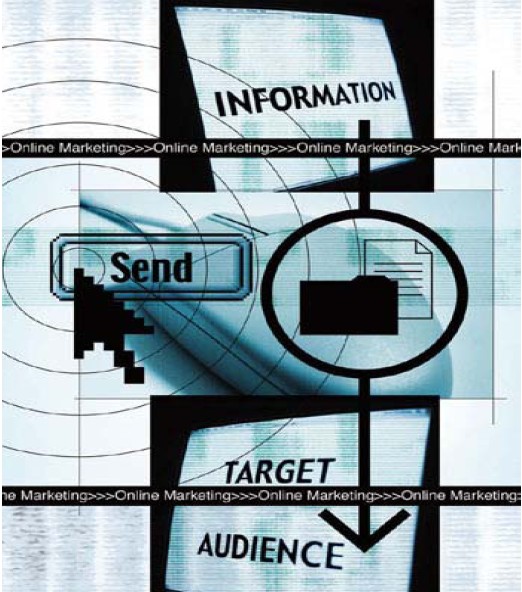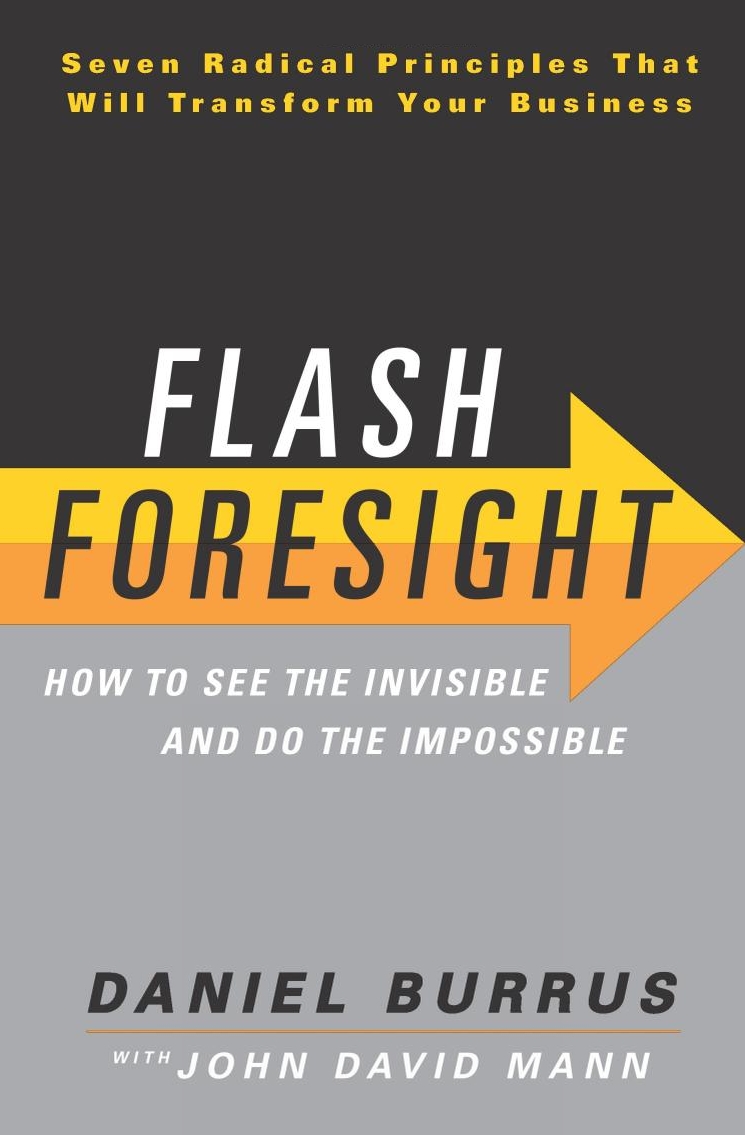|
 |
On-Line Advertising |
|
| Just a few short years ago, before the dot-com crash, any Web site with lots of visitors was thought to be a money machine for advertisers. BlueMountain.com, a greeting card company with 11 million visitors a month, sold for $780 million, even though it had no revenues. But, shortly after the crash, you couldnтАЩt give those eyeballs away, and until recently the industry consensus was that there was little if any value in advertising on the Internet. |
|
|
 |
Blogs Become Mainstr |
|
| Consider this statistic: The term тАЬWeb logтАЭ was coined in December 1997. Today, some 35 million people read blogs. In other words, eight people have begun reading blogs, on average, every minute of every day for the past eight years. ThatтАЩs one every seven-and-a-half seconds. And there appears to be no end in sight. |
|
|
 |
Companies Rethink Ho |
|
| As the labor market tightens and skilled workers become scarce, companies are casting a wider net for employees. |
|
|
 |
FLASH FORESIGHT |
|
| └·└┌ | Daniel Burrus ьЩ╕ |
| ├т╞╟╗ч | HarperBusiness |
|
 |
ьЭ╕ъ░ДьЭА ьЦ┤ыЦ╗ъ▓М ъ▓░ьаХэХШыКФъ░А? |
|
| ьВ╢ьЭА ьИШызОьЭА ъ▓░ьаХьЭШ ьЧ░ьЖНьЭ┤ыЭ╝ эХа ьИШ ьЮИыЛд. эХЬ ъ░ЬьЭ╕ьЭШ ьаРьЛм ьЛЭьВм ыйФыЙ┤ьЧРьДЬ эХЬ ъ╕░ьЧЕ ъ▓╜ьШБьЮРьЭШ ьаДыЮ╡, эХЬ ъ╡нъ░АьЭШ ьаХь▒ЕьЧР ьЭ┤ые┤ъ╕░ъ╣МьзА ъ▓░ьаХьЭА ьЭ╕ыеШьЭШ ыкиыУа ыМАьЖМьВмьЧР ъ╣КьИЩьЭ┤ ъ░ЬьЮЕэХЬыЛд. ьаХы│┤ыКФ ьЭ┤ыЯмэХЬ ъ▓░ьаХьЭШ эЖаыМАъ░А ыРЬыЛд. эХШьзАызМ ъ│╝ъ▒░ьЧРыКФ ьаХы│┤ъ░А ы╢Аьб▒эЦИьЭД ы┐РыНФыЯм ы╢АьаХэЩХэЦИыЛд. ъ╖╕ыЮШьДЬ ы│ДьЭ┤ыВШ ыВШым┤эЖаызЙ, ьЛаьЭШ ыМАыжмьЮРъ░А ъ▓░ьаХьЭШ ъ╖╝ъ▒░ъ░А ыРШъ╕░ыПД эЦИыЛд. ъ╖╕ьЧР ы╣ДэХ┤ ьШдыКШыВаьЭА ьЦ┤ыЦдъ░А? эШДыкЕэХЬ ъ▓░ьаХьЭД ыВ┤ыжмыКФ ыН░ эХДьЪФэХЬ ыкиыУа ыН░ьЭ┤эД░ые╝ ъ▒░ьЭШ ьжЙъ░БьаБьЬ╝ыбЬ эЩЬьЪйэХа ьИШ ьЮИыКФ ьЛЬыМАые╝ ызЮьЭ┤эЦИыЛд. ым╕ьаЬыКФ тАШъ╖╕ыЯмэХиьЧРыПДтАЩ ьЪ░ыжмыКФ ьЧмьаДэЮИ ь╡ЬьХЕьЭШ ъ▓░ьаХьЭД ыВ┤ыжмъ│а ьЮИыЛдыКФ ъ▓ГьЭ┤ыЛд. ьЭ╕ъ░ДьЭШ ьЭШьВмъ▓░ьаХ эФДыбЬьД╕ьКд, ъ│╝ьЧ░ ьЦ┤ыЦд ьХМъ│аыжмьжШьЭ╝ъ╣М?<br> |
|
|






 [99]▒╟
[99]▒╟ 




